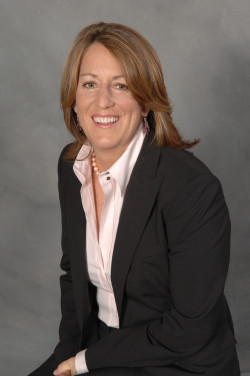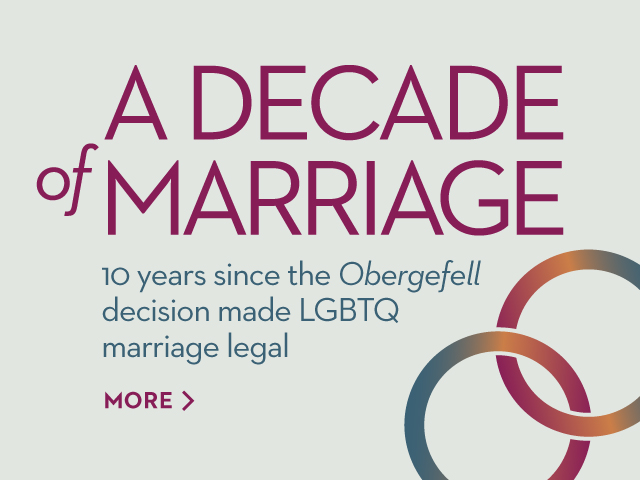
When we adopted our NCLR tag line—”The audacity to fight for justice, the perseverance to win”—it was before President Obama’s book “The Audacity of Hope” and years before the cultural phenomenon that is “Hamilton” ushered in a refreshed examination of Alexander Hamilton’s writings. But now the words of one of our nation’s early founders are particularly powerful and prescient. Never before have the audacity to fight and perseverance to win mattered more.
In the weeks since an election which unmoored many of us from our assumptions and comfort, we have cycled through many emotions. But, at this point, the past and our passages through the stages of grief are unhelpful. Now is the time to lift ourselves up, engage, make a plan and execute how we will resist any move to target or harm the most vulnerable in our community.
Since Election Day, I have struggled. I don’t know all the answers or exactly how we might be challenged, but I know that we do have a plan. The plan is simple to know and perhaps complicated to execute: we will protect, defend, and stand side by side with those who are targeted for harm by this administration.
I admit, I’ve been challenged to remain hopeful and fierce. But embedded in the perspective of history and past movements there is hope and inspiration. In the days after November 8 I watched NAACP Legal Defense Fund Director Sherrilyn Ifill’s video message. As Sherrilyn points out, in the 1950s and ’60s, dozens of black men were being lynched every day and laws in the Jim Crow south demeaned the very existence of Black residents. In the face of such atrocities no arm of government made any move to end the carnage or protect Black citizens. In the face of such malice individual Black folks risked everything to defy white supremacy. The African-American civil rights movement galvanized the nation to act and ushered in sweeping changes in law and daily life for Black Americans and all people of color.
In the 1970s, feminists rose up to protect women who were victims of rape, sexual assault, and domestic violence, and created their own shelters and safe houses. There was no public funding for such places of refuge and in some quarters even resistance. In many states it was not a violation of any law for a man to rape his wife. The place of women in family and civic life has changed radically, marked by greater liberation and personal volition and autonomy.
In the 1980s, gay men—by the thousands—were dying from an unknown illness and not only did the administration of President Reagan ignore the rising death toll, Press Secretary Larry Speakes mocked even the idea that the government should care. Out of NOTHING our community created the infrastructure through ACTUP and dozens of HIV/AIDS service organizations to care for the sick and forced the government to finally pay attention and respond. The HIV/AIDS crisis united the LGBTQ community and allies with a ferocity that continues to this day.
There are innumerable examples where against ALL odds those under threat refused to cower, but instead rose up and altered a course bent on destruction. So here we are again. The threat feels vast and existential, and it is. The first line of my favorite quote by Martin Luther King, Jr., sums up our fears: “Power without love is reckless and abusive,” We know the truth of these words, and we feel the recklessness and abuse about to be unleashed. But power alone never succeeds, as the full King quote makes clear:
“Power without love is reckless and abusive. Love without power is sentimental and anemic. Power at its best is love, implementing the demands of justice, and love at its best is power correcting everything that stands against love.”
In the coming weeks and months you will be called on to be warriors in the fight to correct anything that stands against the demands of justice and love. Sometimes the call will be simple and easily accomplished, like calling your senator and making sure everyone you know does the same in order to resist a particularly odious cabinet nominee. Other times, the call may require high jacking a registry meant to visit stigma and fear on Muslims or to travel to a rural town to defend families targeted for raids by immigration authorities. None of us knows how we will be called to resist. But what matters at this point is that we pledge to answer the call whenever it comes. And make no mistake, it will be more than we’ve ever been called to do before.
Life as we knew it is over. But we’ve seen shades of this before and when we act, we stem the worst of the tide. And we build movements whose power still resonates through history.
And now, we do it again.
Kate










